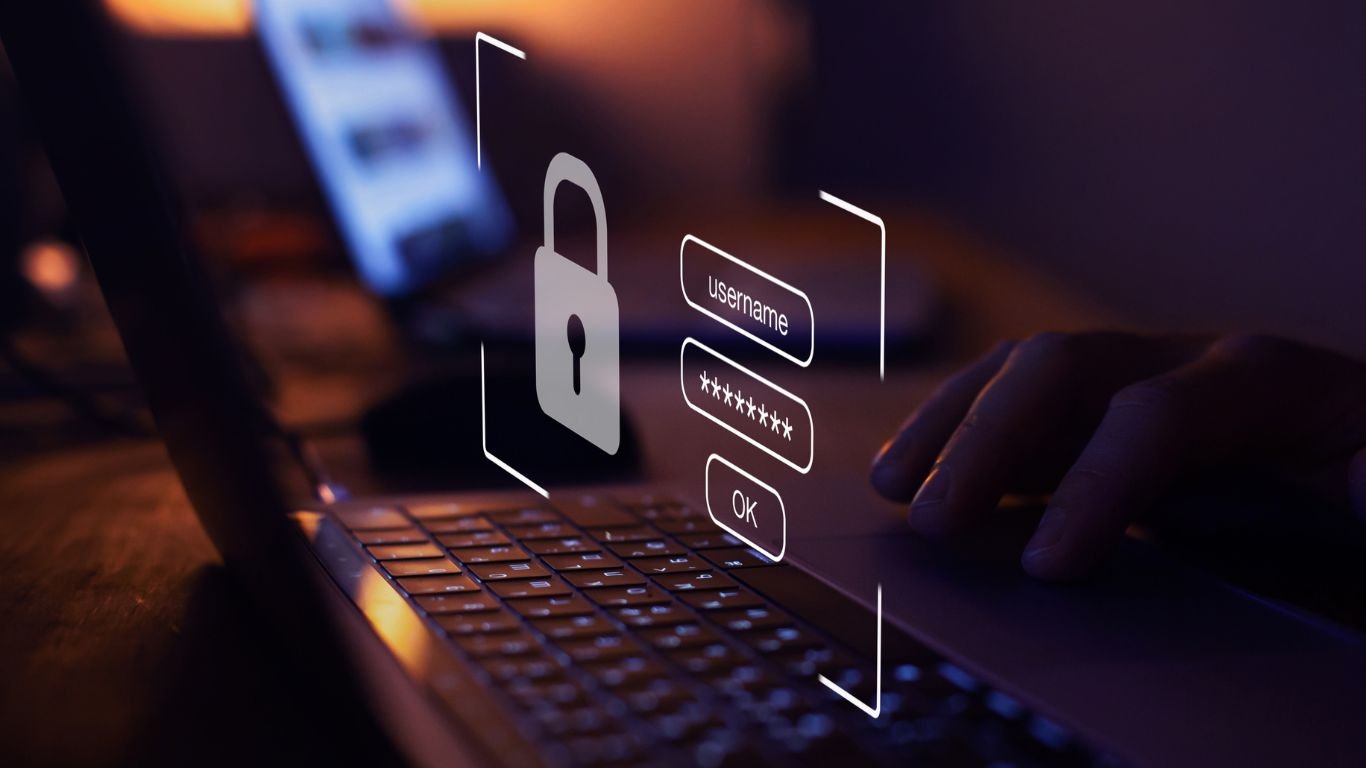In today’s digital world, our smartphones hold everything—personal photos, financial information, sensitive messages, and even access to social media accounts. But have you ever wondered how secure your Android device really is? With cyber threats evolving daily, protecting your Android phone is no longer optional.
Here’s a list of the top 7 Android security tips to keep your device and personal data safe in 2025.
📱 1. Keep Your Software Updated
Always ensure your Android system and apps are updated to the latest versions. Software updates often include patches for security vulnerabilities that hackers may exploit.
✅ Why It’s Important:
- Patches security flaws.
- Protects against malware and viruses.
- Improves device performance.
💡 Pro Tip: Enable automatic updates in your phone settings to stay protected without any effort.
🔐 2. Enable Two-Factor Authentication (2FA)
Add an extra layer of security by enabling two-factor authentication (2FA) on all your apps, especially social media, email, and banking platforms.
✅ Why It’s Important:
- Prevents unauthorized access.
- Adds a security layer beyond passwords.
💡 Pro Tip: Use an authenticator app like Google Authenticator or Authy for better security.
🛑 3. Download Apps Only from Trusted Sources
Stick to the Google Play Store or trusted app stores. Avoid downloading APK files or apps from third-party websites, as they can contain malware or spyware.
✅ Why It’s Important:
- Protects against malicious apps.
- Ensures compliance with security protocols.
💡 Pro Tip: Enable Google Play Protect to scan apps regularly.
👁️ 4. Review App Permissions
Many apps request unnecessary permissions that can compromise your privacy. Be cautious and only grant permissions that are relevant to the app’s functionality.
✅ Why It’s Important:
- Prevents apps from accessing sensitive data.
- Enhances control over personal information.
💡 Pro Tip: Regularly check app permissions in your settings and revoke unnecessary ones.
🔎 5. Use a Secure VPN for Public Wi-Fi
Public Wi-Fi networks are breeding grounds for hackers. Always use a VPN (Virtual Private Network) when accessing public Wi-Fi to encrypt your internet connection.
✅ Why It’s Important:
- Hides your IP address.
- Protects your browsing data.
💡 Pro Tip: Opt for trusted VPN providers like NordVPN or ExpressVPN for reliable protection.
🛡️ 6. Install a Reliable Antivirus
A good antivirus app can act as your first line of defense against malware, phishing attempts, and ransomware.
✅ Why It’s Important:
- Detects and removes malware.
- Scans apps and files for potential threats.
💡 Pro Tip: Use well-known antivirus apps like Bitdefender, Avast, or Kaspersky.
🔥 7. Lock Your Device Properly
Enable screen lock options such as PIN, password, pattern, or biometrics (fingerprint or facial recognition) to prevent unauthorized access.
✅ Why It’s Important:
- Protects your data in case of theft.
- Ensures privacy of sensitive information.
💡 Pro Tip: Use a strong password and avoid easily guessable patterns.
🚨 Bonus Tip: Avoid Phishing Scams
Always be cautious when clicking on links or downloading attachments from unknown sources. Cybercriminals often use phishing emails or messages to trick users into revealing sensitive data.
✅ How to Avoid Phishing:
- Double-check the sender’s email address.
- Avoid clicking on suspicious links.
🤔 Why Android Security Matters More Than Ever in 2025
With the rise in cyber threats and data breaches, protecting your Android device is no longer just about convenience—it’s about safeguarding your privacy and financial security. Taking proactive measures ensures that your data remains secure, even in an increasingly connected world.
👉 Stay Safe, Stay Secure!
Looking to master cybersecurity? Check out our Android Security Course to gain hands-on skills and become a pro in mobile security. 🚀
🎯 Final Thoughts
By following these Android security tips, you can protect your personal information, prevent data breaches, and stay one step ahead of cybercriminals. Remember, cybersecurity is a shared responsibility—stay informed, stay vigilant!
🛡️ Ready to Learn More? Explore more cybersecurity tips and courses on DEDefence.io.




